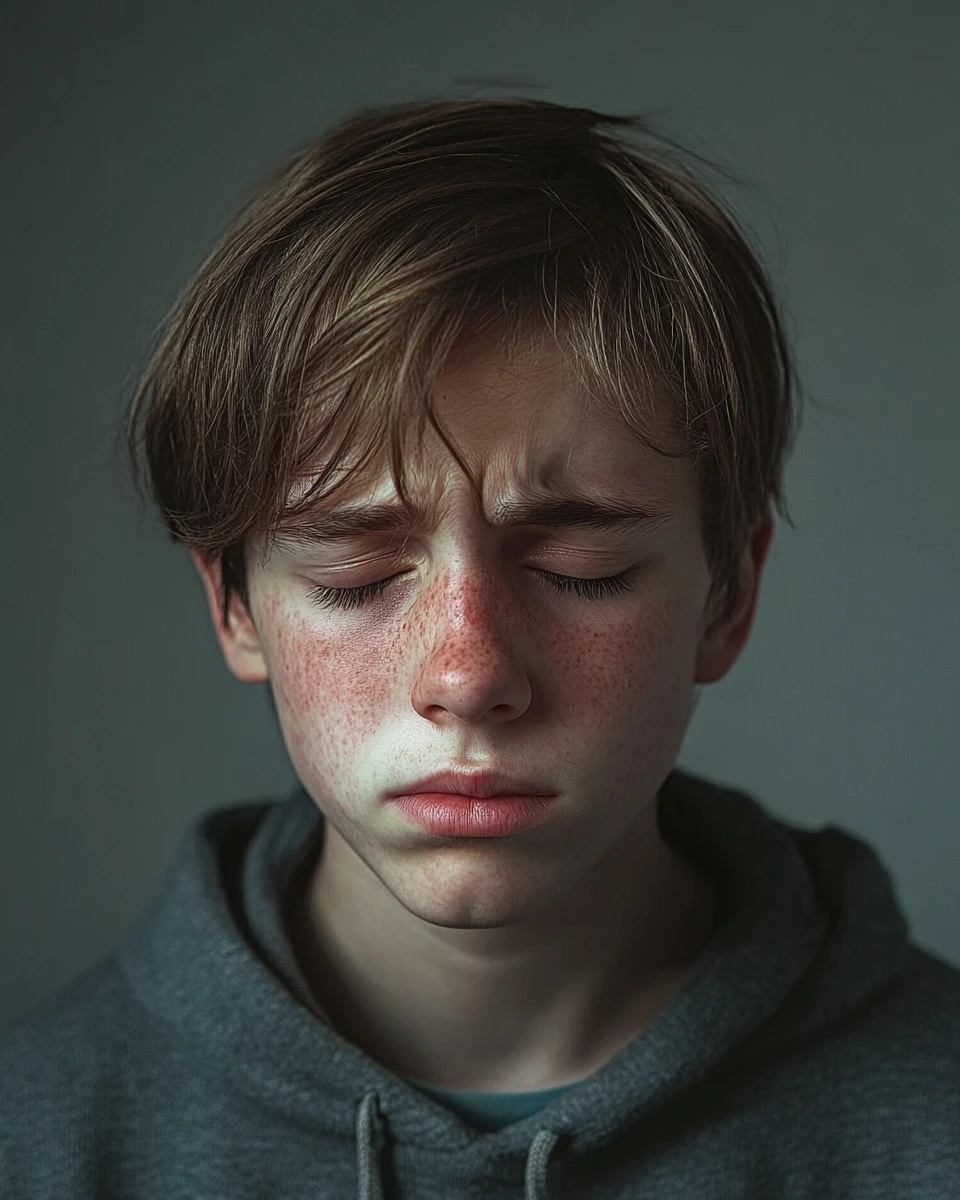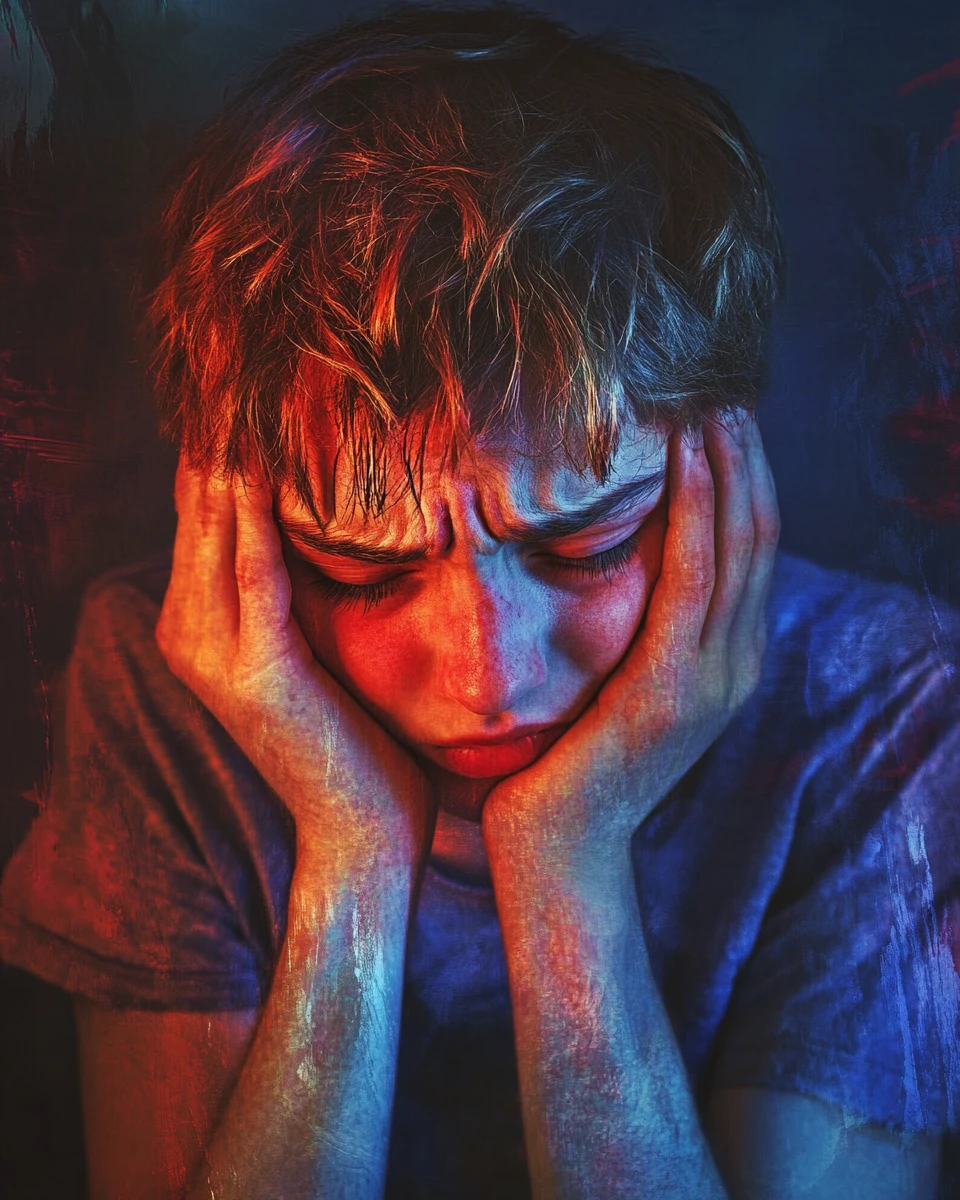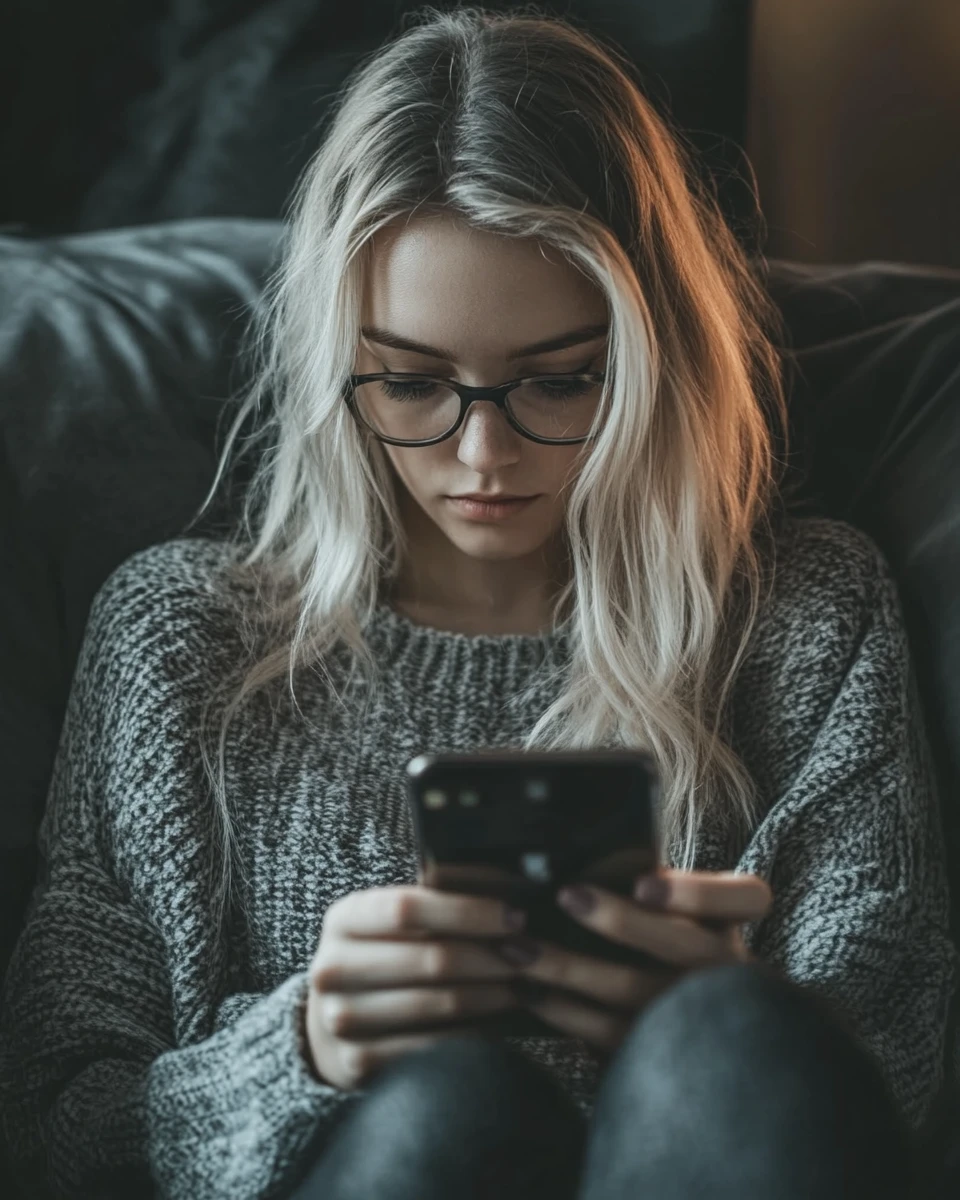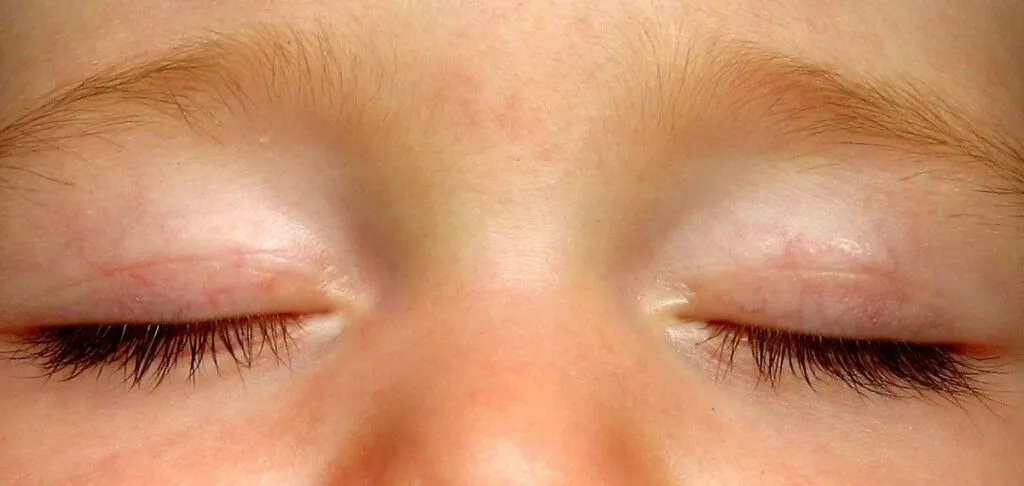

In recent decades, digital technology has become an integral part of our daily lives.
Social networks such as Facebook, Instagram, TikTok and others provide an opportunity to keep in touch with friends and family, share life moments and get information.

However, as these platforms grow in popularity, questions are being raised about their impact on users’ mental health.
In this article, we look at how social media affects the psyche, based on current research.

The impact of social media on self-esteem
Positive aspects
Social media can contribute to self-esteem by allowing individuals to receive support and validation from their community.
Publicizing achievements and positive moments in life can reinforce a sense of self-worth.

Negative aspects
However, excessive use of social media can lead to low self-esteem.
Comparing oneself to the idealized images of other users often leads to feelings of inferiority and dissatisfaction with one’s own life.
Research: According to a study by the American Psychological Association (APA), more than 40% of social media users report lower self-esteem after viewing content related to the success and happiness of others (Smith et al., 2022).

Social media and anxiety
Increase in anxiety levels
Frequent use of social media can contribute to anxiety levels.
The constant flow of information, the need to keep active in the online space, and the fear of missing something important (FOMO) can cause stress and anxiety.
Impact on sleep
Excessive use of social media, especially before bed, negatively affects sleep quality, which in turn increases anxiety levels and affects overall mental health.
Research: A University of Pennsylvania study found that reducing time spent on social media by 30 minutes per day leads to lower levels of anxiety and depression (Hunt et al., 2018).

Social media and depression
Correlation between social media use and depressive symptoms
Many studies show a link between frequent use of social media and an increased risk of depression.
This is especially true for adolescents and young adults.
The role of cyberbullying
Cyberbullying on social media is also a significant contributor to depression. Victims of online aggression often experience feelings of isolation and hopelessness.
Research: According to a study published in the Journal of Social and Clinical Psychology, users who spend more than 3 hours a day on social media have a 35% higher risk of developing depression (Lin et al., 2016).
The positive benefits of social media for mental health
Support and community
Social media can provide a platform to support and build communities of people with common interests and challenges.
This is particularly important for those facing isolation or chronic illness.

Access to information and resources
Users have access to a variety of mental health information, which raises awareness and helps people seek professional help when needed.
Research: A study conducted by the Harvard School of Public Health found that using social media for mental health information was associated with an increased willingness to seek professional help (Naslund et al., 2016).
Strategies for healthy social media use
Time limits
Setting limits on time spent on social media can help reduce the negative impact on mental health. Using time monitoring apps can be a useful tool.
Creating positive content
Focusing on publishing positive and inspiring content helps create a supportive online environment and reduces negative effects.
Conscious use
Practicing conscious use of social media, including taking regular breaks and consciously choosing content, can help minimize stress and anxiety.
Table 1. Impact of time spent on social networks on mental health
| Time of use | Anxiety level | Depression level |
|---|---|---|
| < 1 hour/day | Low | Low |
| 1-3 hours/day | Medium | Medium |
| > 3 hours/day | High | High |
The need to implement strategies
As shown in Table 1, increased time spent on social media is directly related to increased levels of anxiety and depression.
This emphasizes the importance of implementing effective strategies to manage time and quality of use of social platforms.
Implementing such strategies can significantly reduce the negative impact on mental health and increase the overall wellbeing of users.
Table 2. Strategies to reduce the negative impact of social networks
| Strategy | Description |
|---|---|
| Time limit | Setting daily limits on the use of social networks |
| Creating positive content | Publishing inspirational and supportive materials |
| Conscious use | Practicing regular breaks and carefully selecting the content you watch |
Conclusion
Social media have a significant impact on the mental health of users.
It is important to recognize both the positive and negative aspects of their use.
Employing strategies for healthy interactions with digital platforms can help minimize risks and increase overall well-being.
List of references
- Smith, A., et al. (2022). Impact of Social Media on Self-Esteem. American Psychological Association.
- Hunt, M. G., et al. (2018). No More FOMO: Limiting Social Media Decreases Loneliness and Depression. University of Pennsylvania.
- Lin, L. Y., et al. (2016). Association between Social Media Use and Depression among U.S. Young Adults. Journal of Social and Clinical Psychology.
- Naslund, J. A., et al. (2016). Social Media and Mental Health: Benefits, Risks, and Opportunities for Research and Practice. Harvard School of Public Health.



